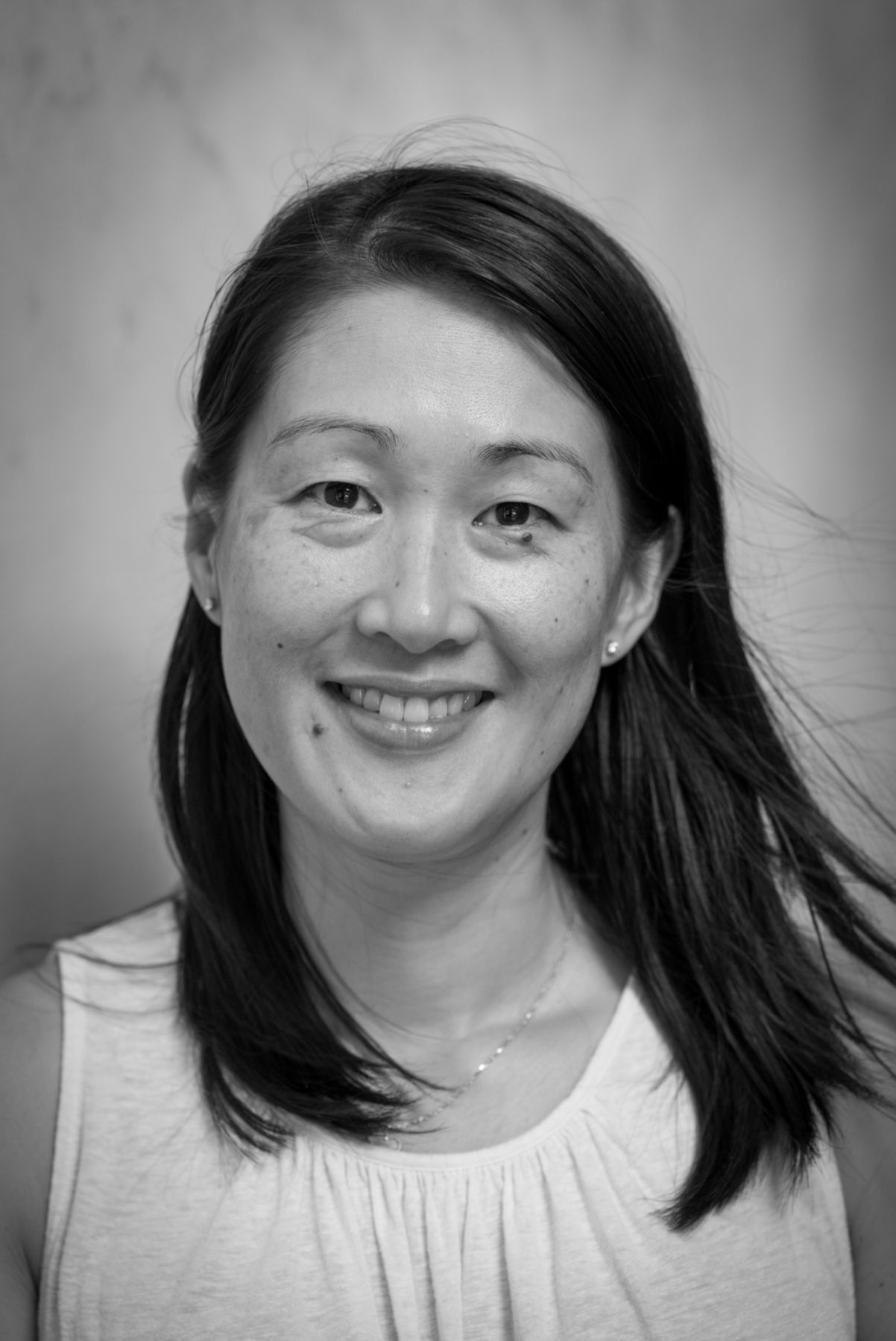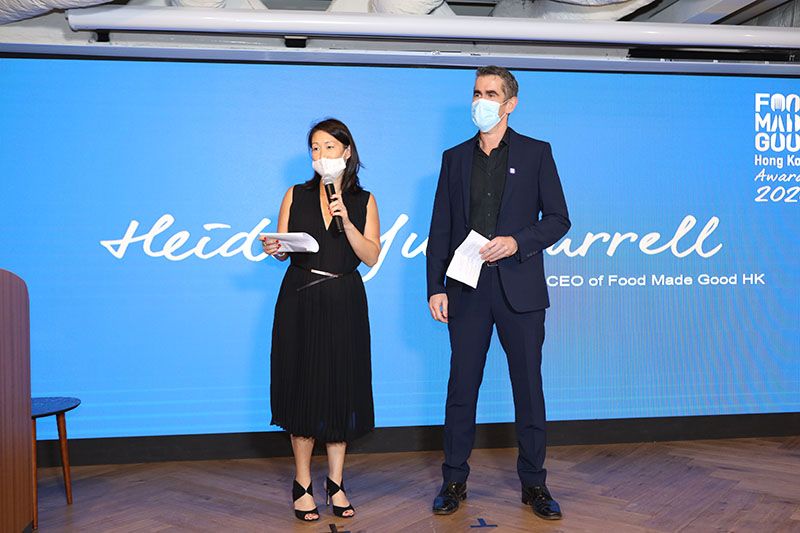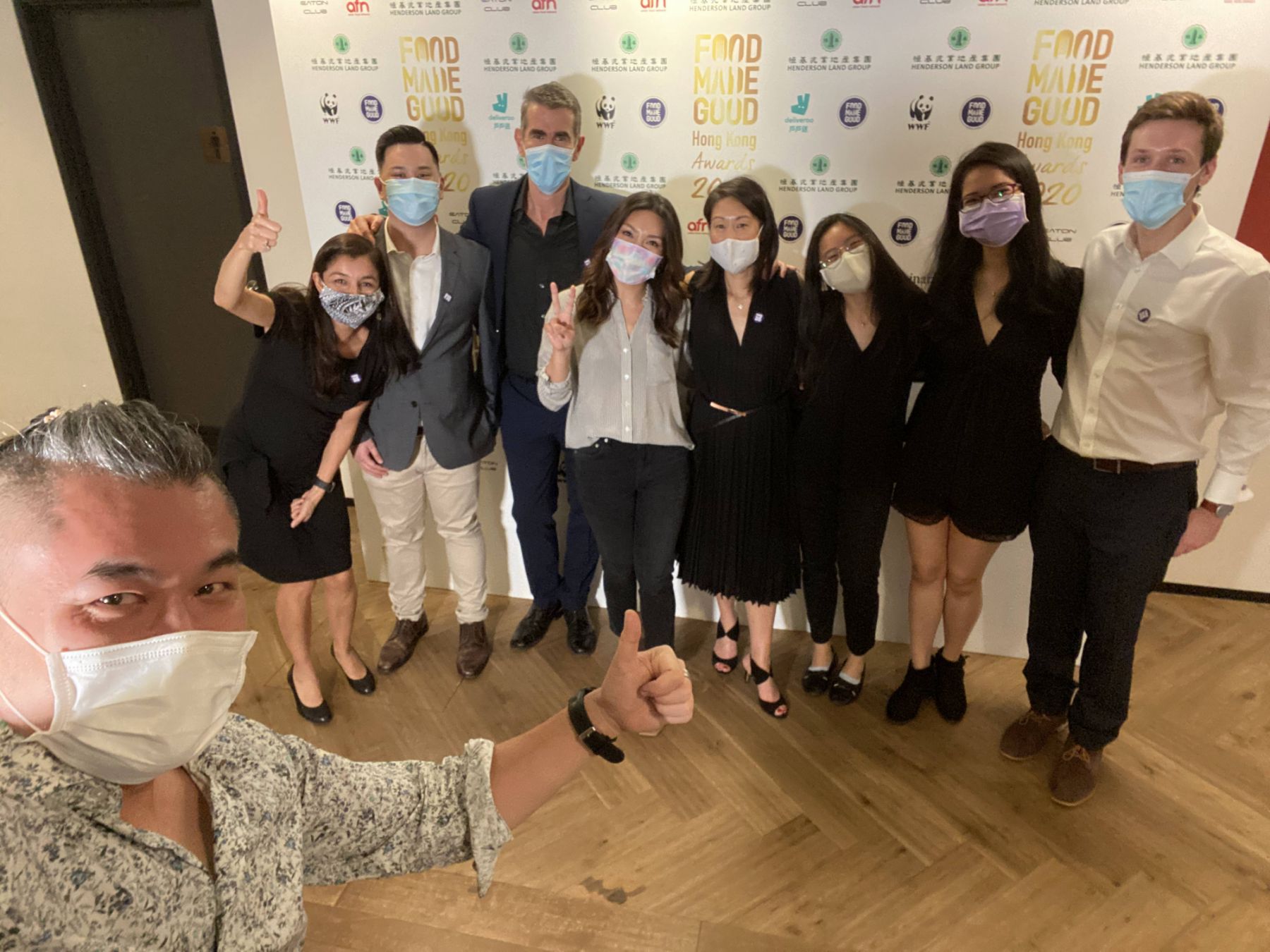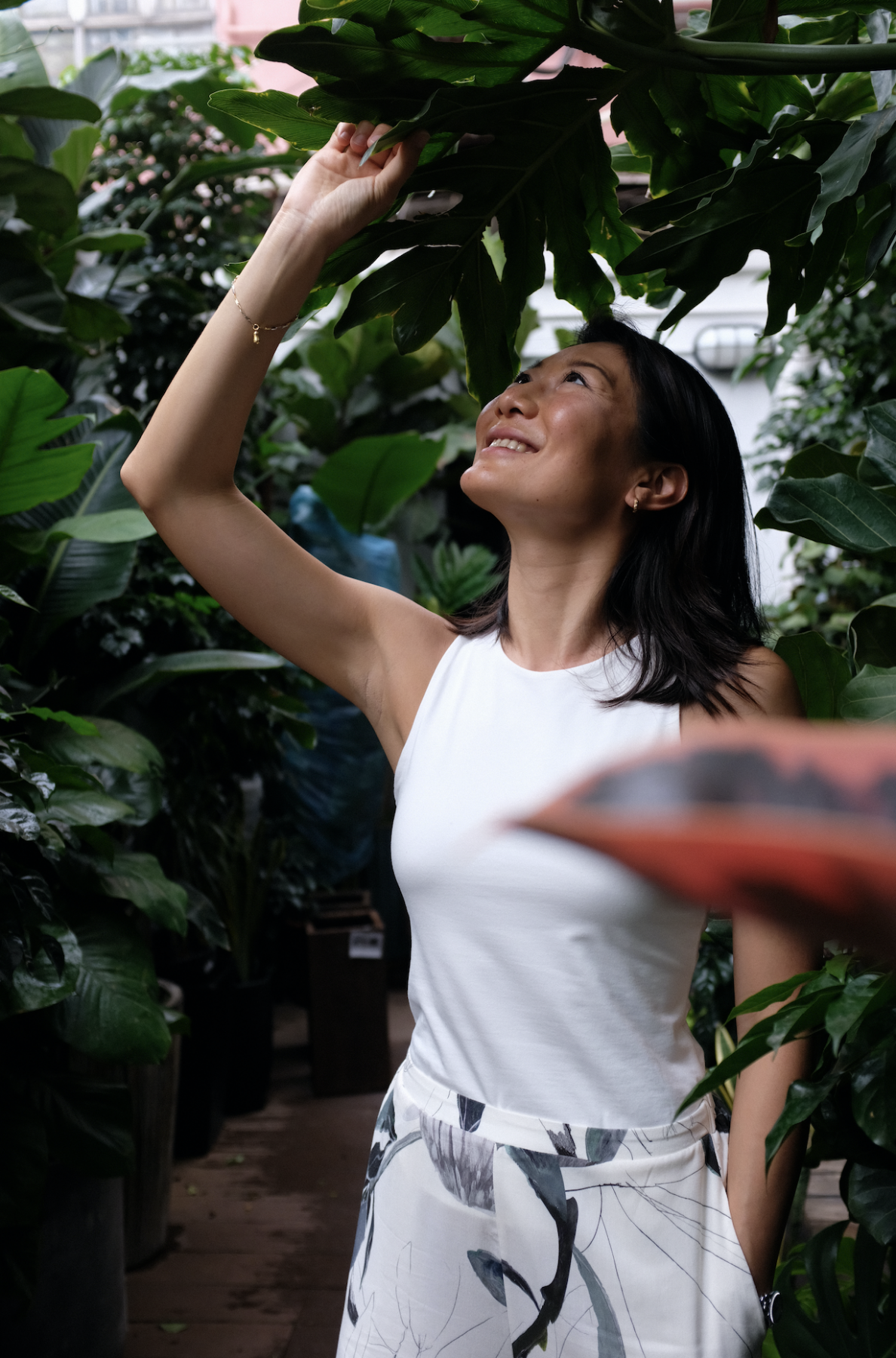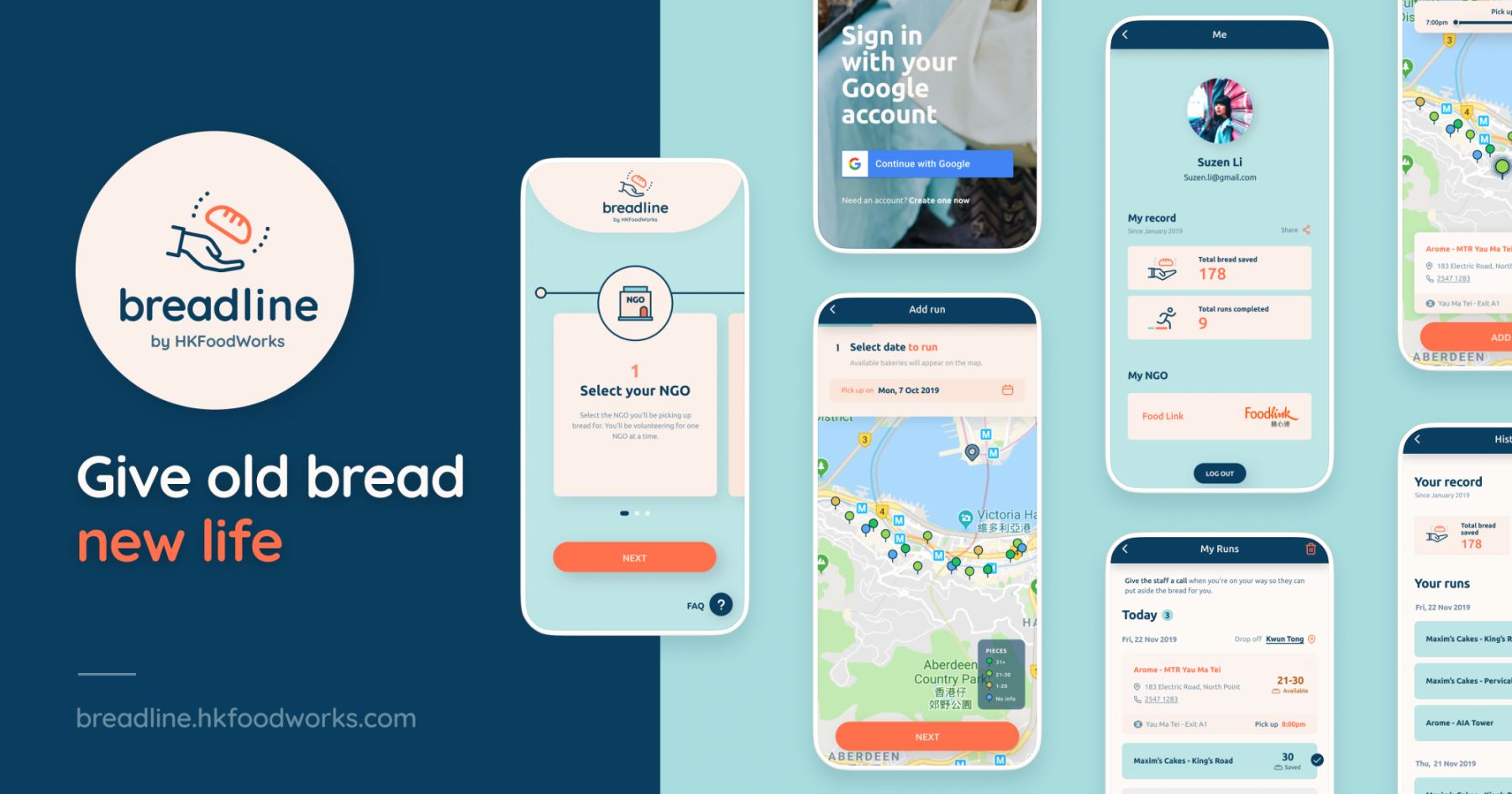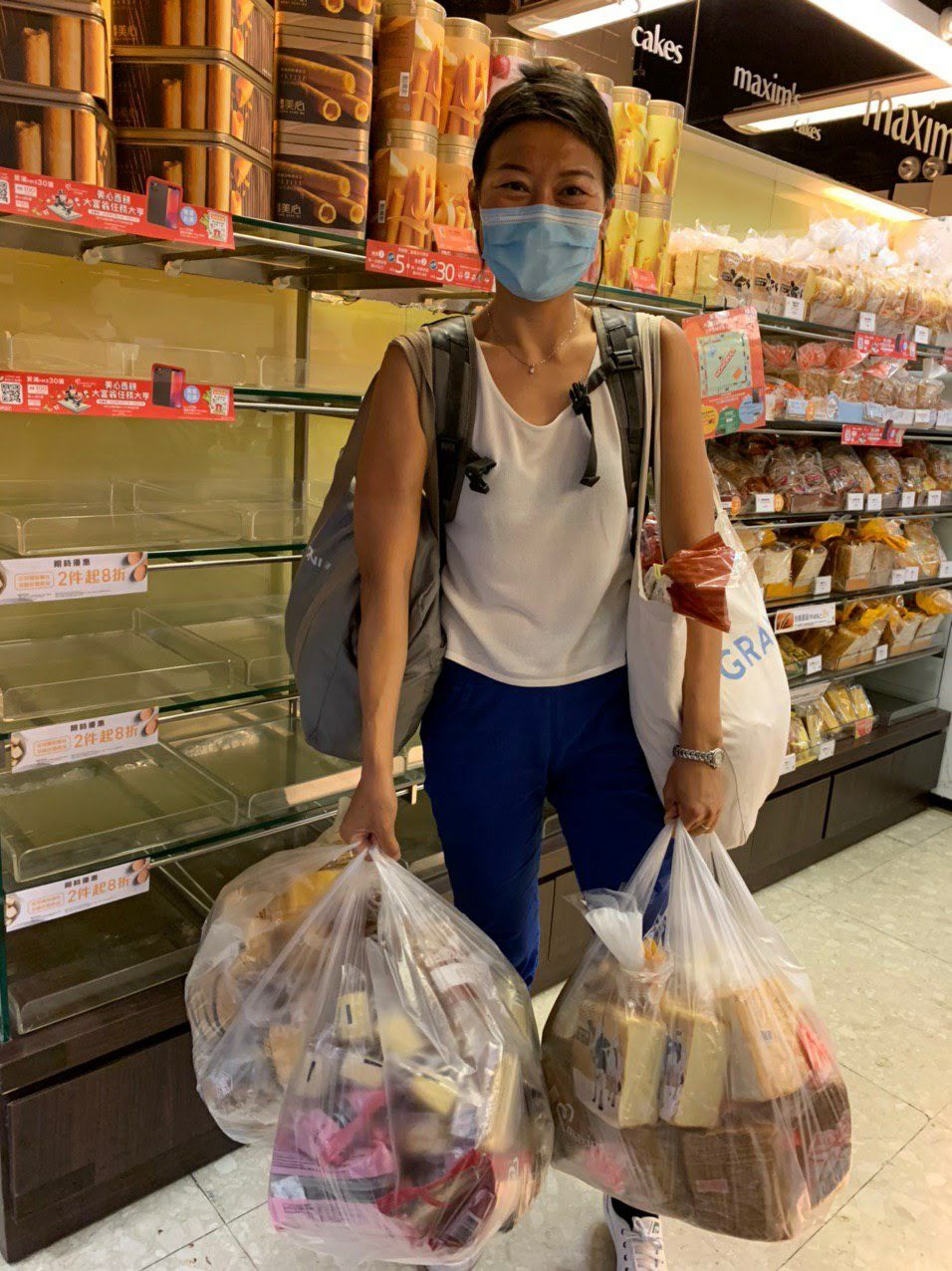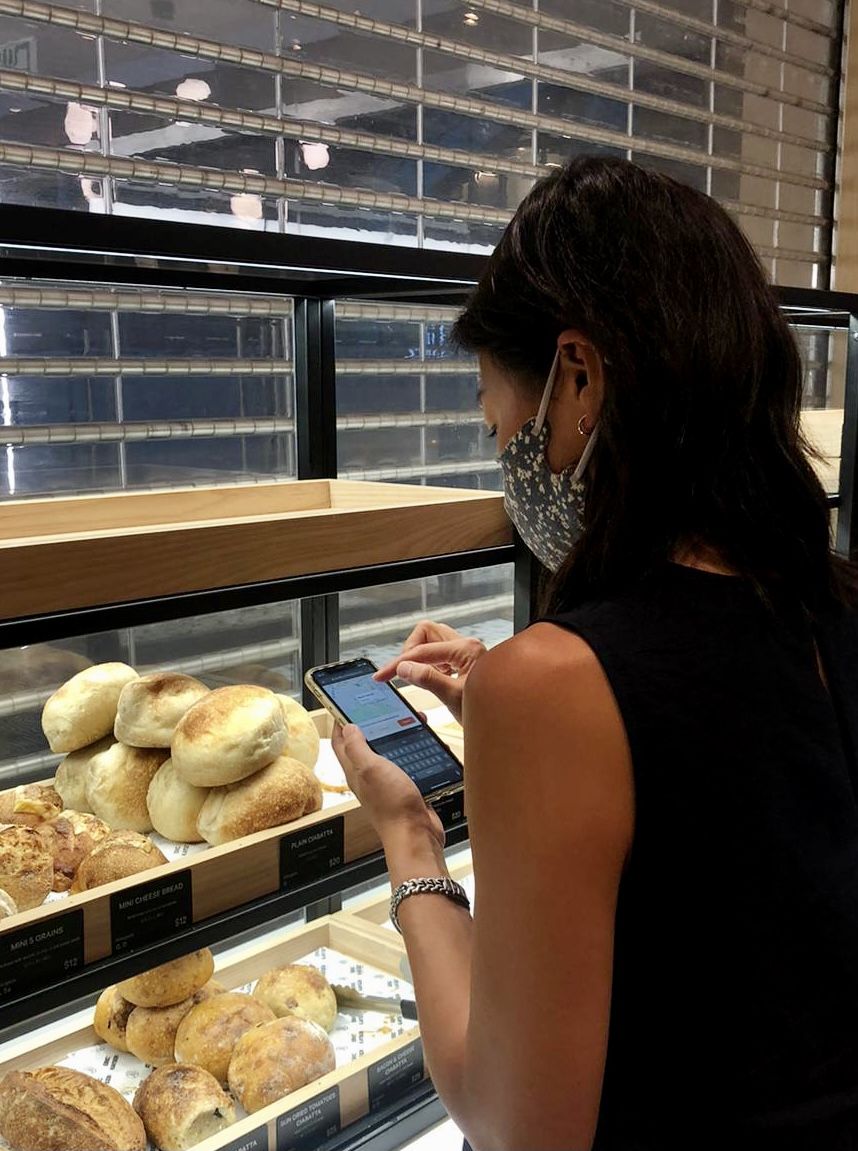We explore the challenges and opportunities inherent in the development of a more sustainable food industry in Hong Kong through the lens of leading innovators and pioneers in the field
Boasting what seems like an endless array of offerings, food is a fundamental part of our lives in Hong Kong. Yet recently, both restaurateurs and individuals have begun shifting focus and placing emphasis not only on serving and eating good food, but also on making it more sustainable.
Take Phenix, an app targeting food waste in Hong Kong, which was launched in Hong Kong in February by OnTheList, a well-known members-only flash sales platform with more than 370,000 members. The app connects individuals to F&B outlets, giving them the chance to purchase at a discounted price food that would otherwise be discarded. Users choose ‘food baskets’ from one of Phenix’s 80 local partners, some of which include Pret a Manger, The Cakery and Little Mermaid by Citysuper.
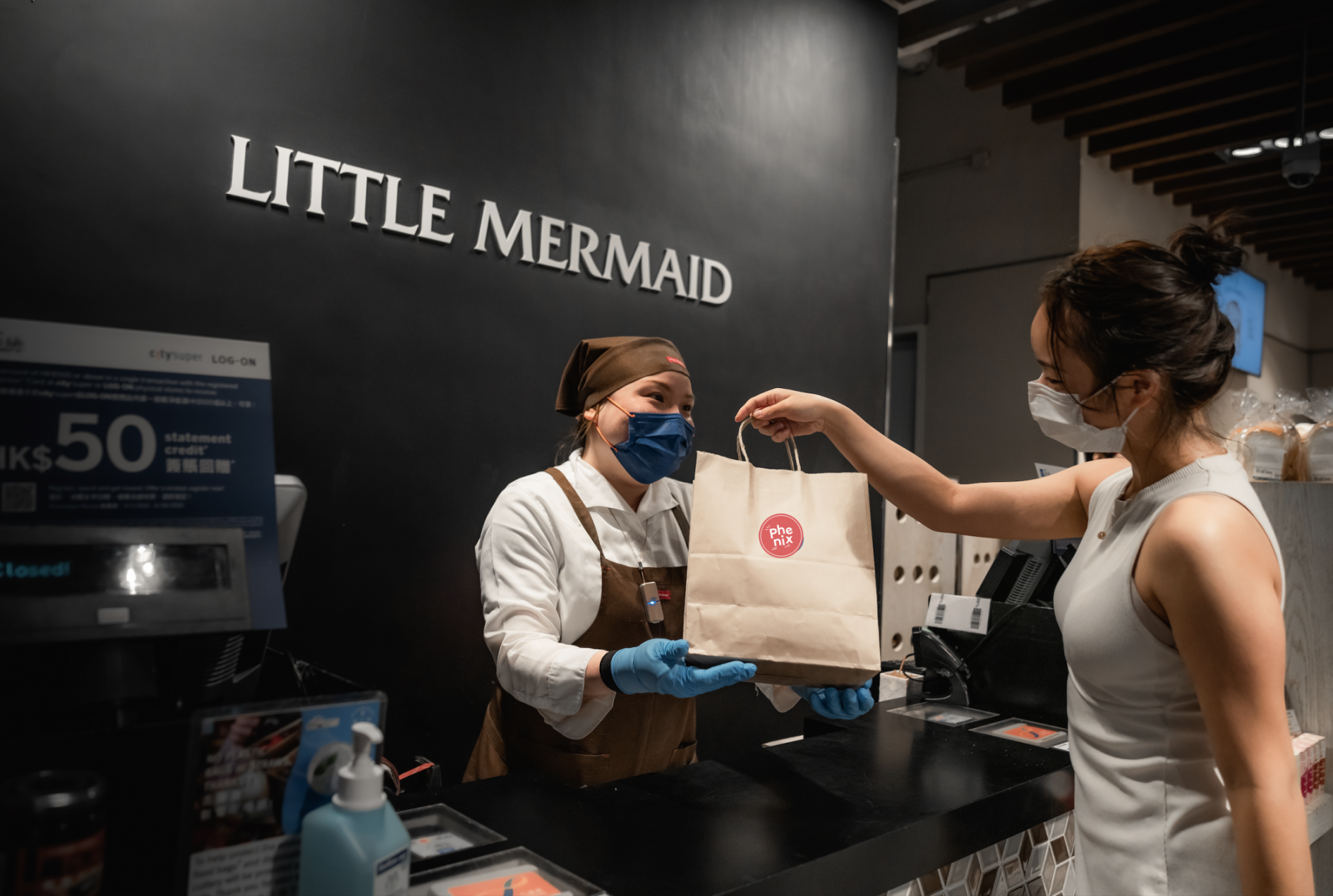
“At Phenix, we give the opportunity to F&B players to get a solution at the end of the food supply, a last chance for the food produced to be consumed,” says Anne-Claire Béraud, business development manager at Phenix by OnTheList. By connecting producers with consumers, Phenix has created a win-win solution to benefit both consumers, producers and the environment.
Phenix originated in France and is currently operating in six European countries; Hong Kong marked its debut in Asia. When asked about sustainability in Hong Kong’s food industry compared to other countries, Béraud points out that food waste, though garnering more and more attention, is unfortunately not seen as a priority in Hong Kong. The same is true more widely in Asia too. Yet Hong Kong appears to be going in the right direction, albeit slowly, as more organisations and companies are beginning to introduce sustainability initiatives that target food waste. As Béraud says, “sustainability in Hong Kong is late, but the future is bright and all parties need to be involved: the government, companies and consumers.”




